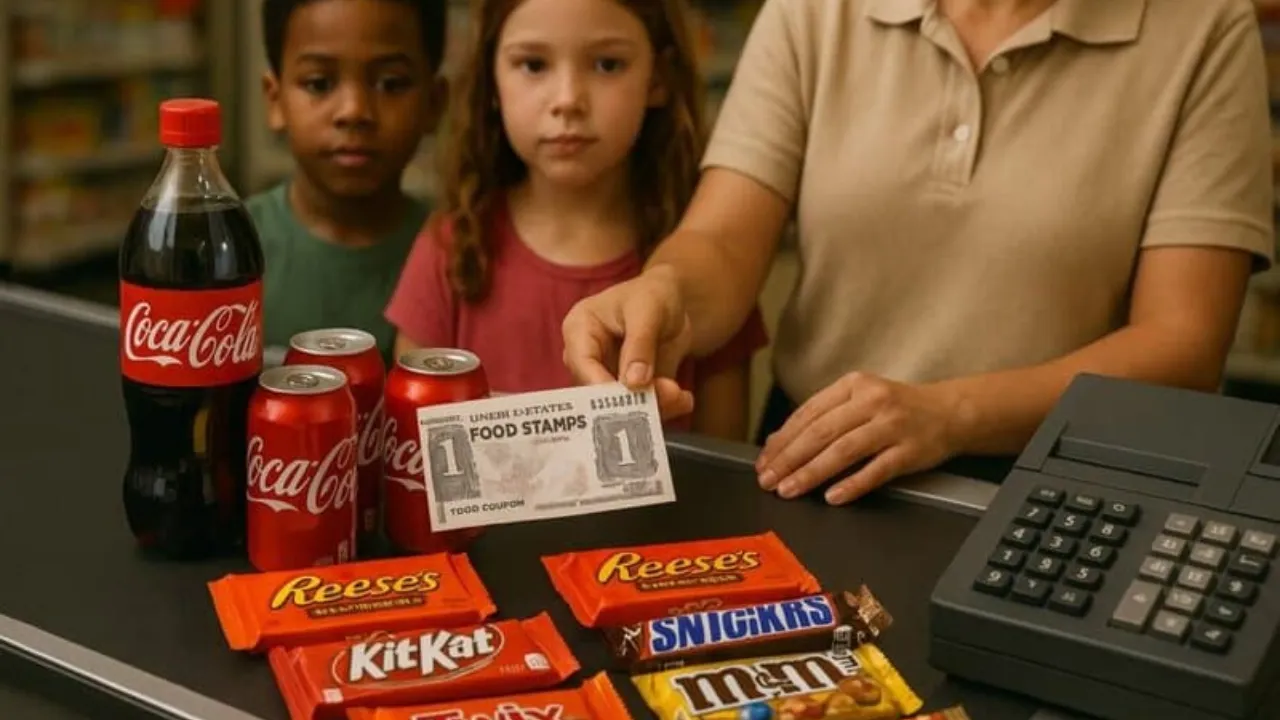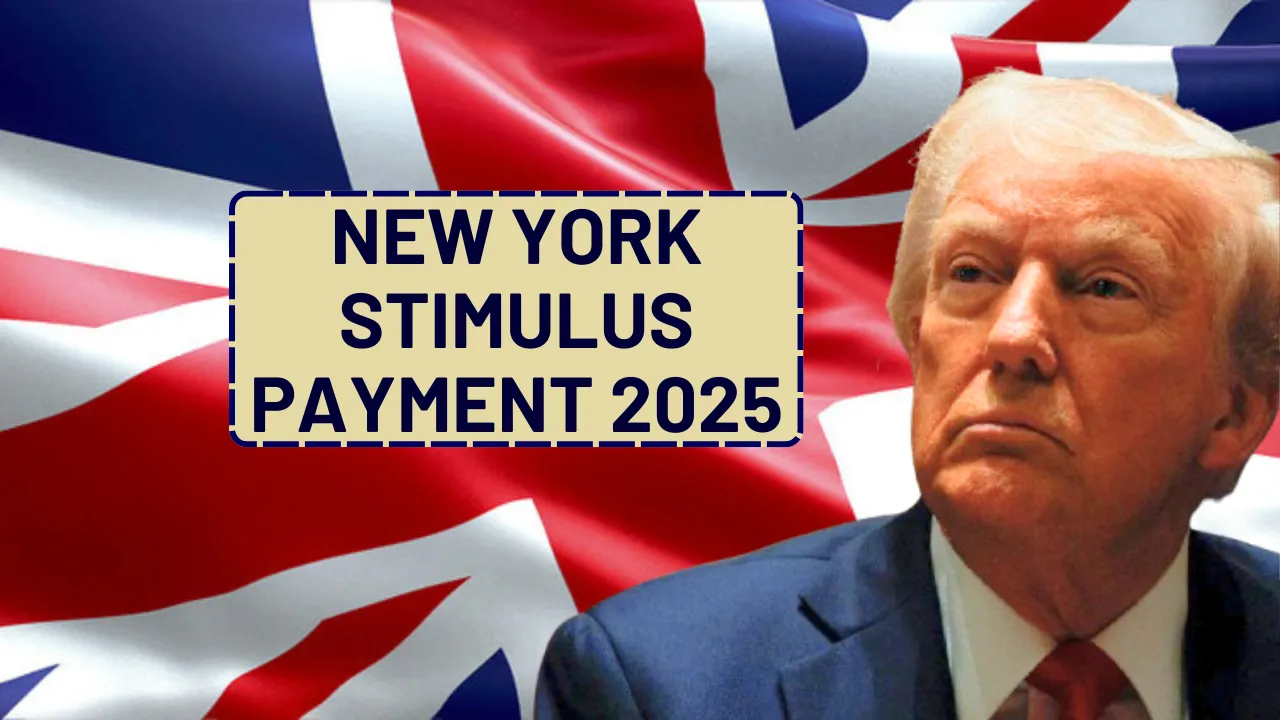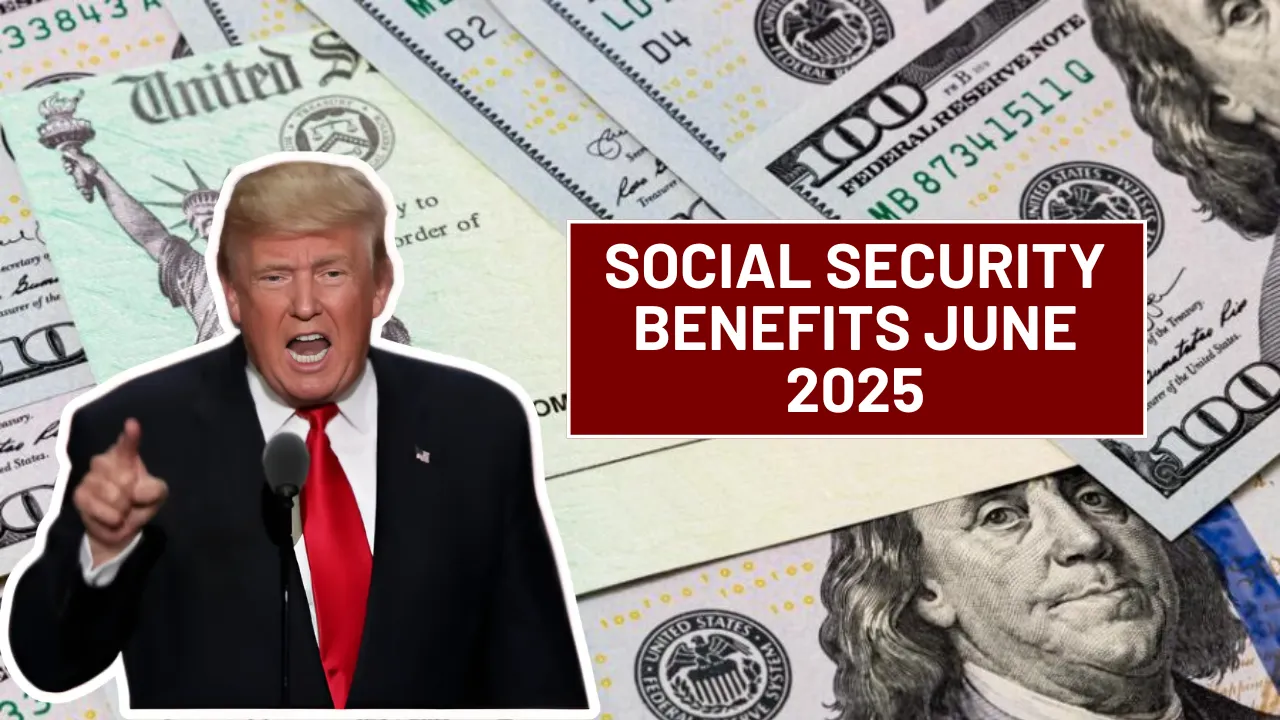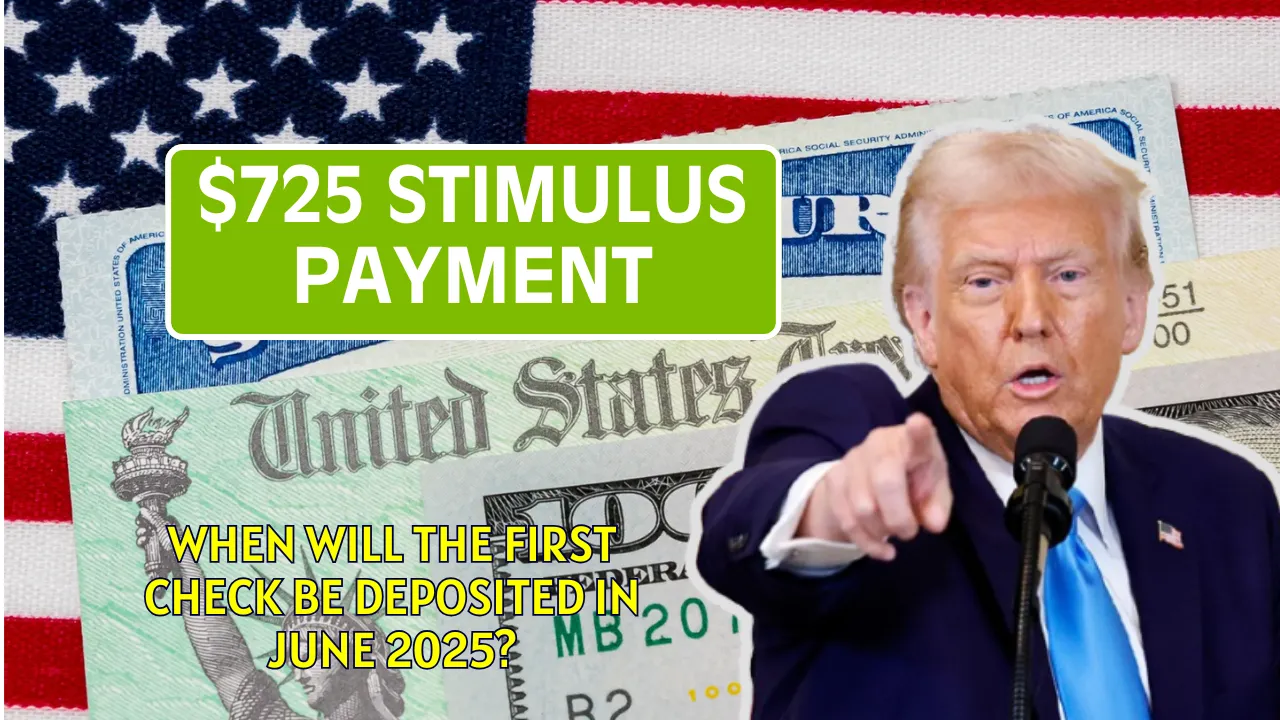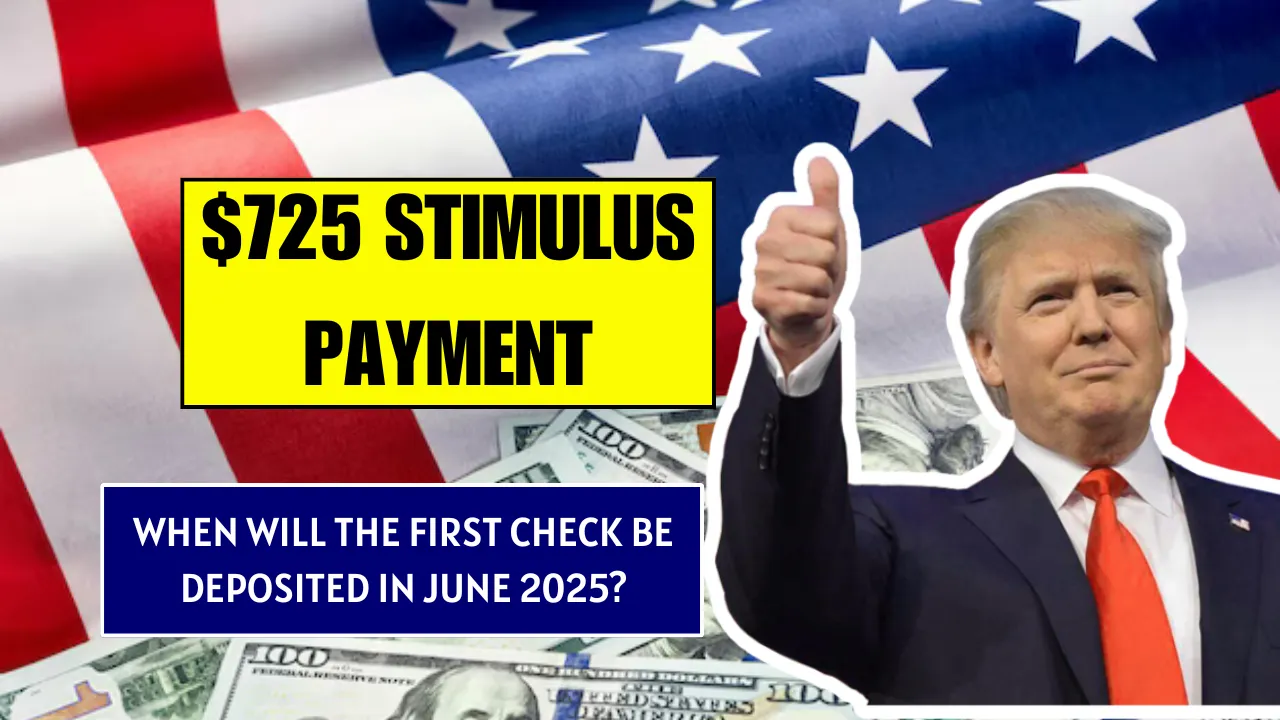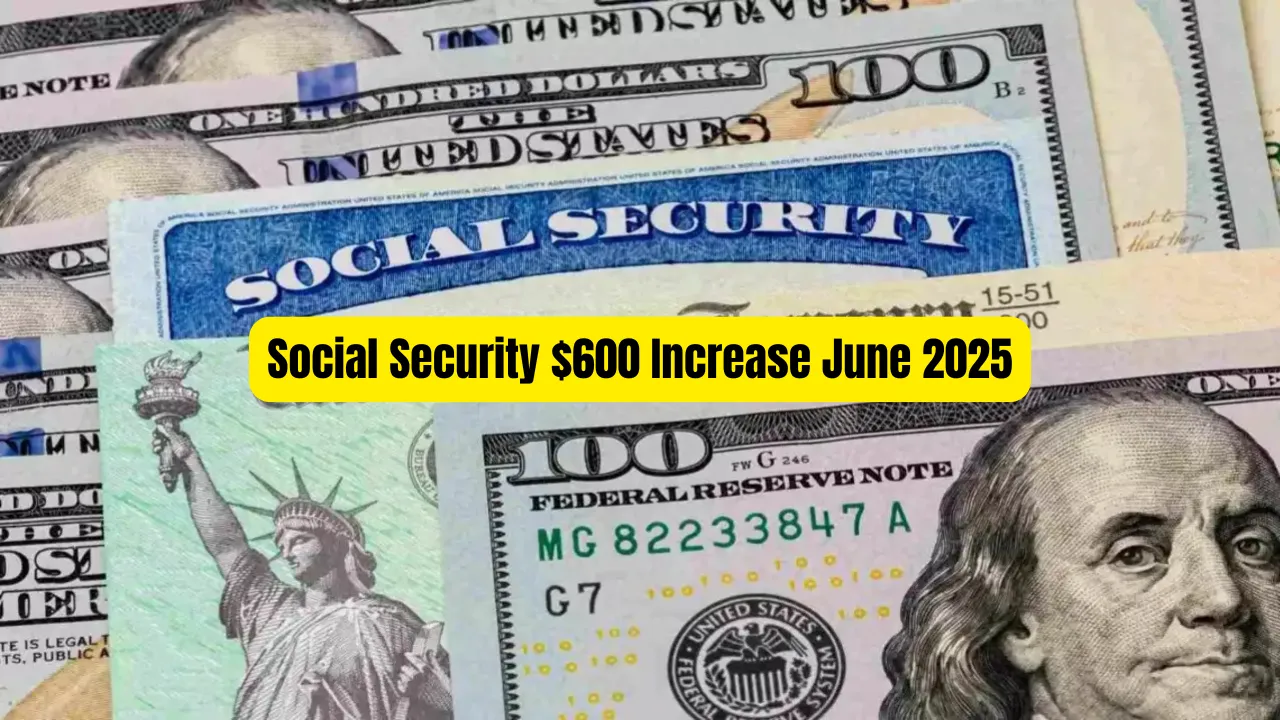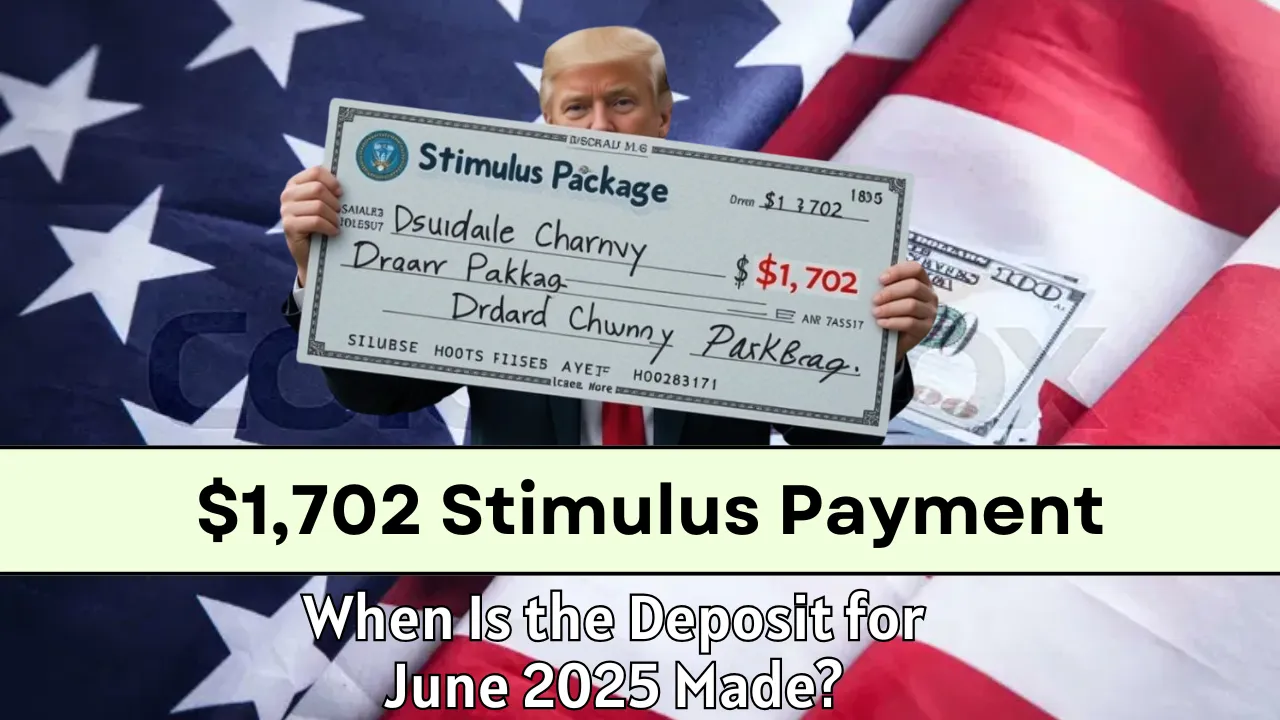Soda Ban on Food Stamps 2025: Soda Ban on Food Stamps 2025 is making headlines as Nebraska becomes the first state to stop allowing soda and energy drinks to be bought with SNAP benefits. This marks a big change in how food assistance programs are managed. Supporters say it’s about promoting health, while critics fear it limits personal choice.
This article breaks down the full story behind the policy shift. You’ll learn what led to the ban, how it will work, who’s backing or criticizing it, and what it means for other states. With the Soda Ban on Food Stamps 2025, Nebraska starts a new chapter in health and food policy in the U.S.
Soda Ban on Food Stamps 2025: Nebraska Sets National Precedent
Nebraska is now the first state in the country to receive federal approval to stop the purchase of sodas and energy drinks with SNAP benefits. This new policy will go into effect on January 1, 2026, impacting more than 152,000 beneficiaries in the state. Governor Jim Pillen backed the move, saying taxpayers should not be paying for unhealthy choices. U.S. Agriculture Secretary Brooke Rollins called it “a historic step to Make America Healthy Again.”
The goal of this ban is to encourage healthier diets among SNAP recipients. It is part of a growing trend to use government assistance to promote better nutrition. The Soda Ban on Food Stamps 2025 is seen by some as a model that other states could adopt.
Overview Table: Key Details of the Soda Ban
| Detail | Information |
| State Initiating Ban | Nebraska |
| Federal Approval Date | May 2025 |
| Ban Effective Date | January 1, 2026 |
| Items Banned | Soda, Energy Drinks |
| Number of Affected SNAP Users | Approximately 152,000 |
| Supporters | USDA, Governor Jim Pillen |
| Main Argument for Ban | Promoting healthier food choices |
| States Considering Similar Bans | Arkansas, Colorado, Kansas, Indiana, Iowa, West Virginia |
| Critics | Food Research & Action Center, Nebraska Appleseed |
| Concerns Raised | Administrative cost, logistics, freedom of choice, food access |
Another Six States That Could Follow Suit
Nebraska’s decision may just be the beginning. Six other states—Arkansas, Colorado, Kansas, Indiana, Iowa, and West Virginia—have submitted requests to the USDA for similar waivers. These states are not only looking to restrict soda and energy drinks, but some are also discussing bans on flavored popcorn, low-fruit juices, and possibly expanding access to healthier prepared meals like rotisserie chicken.
If these states receive approval, the Soda Ban on Food Stamps 2025 could quickly spread, reshaping SNAP policy nationwide. The idea is to align food assistance programs more closely with national health goals.
However, Not Everyone Agrees
Criticism came quickly after the policy was announced. Advocacy groups such as the Food Research & Action Center believe the ban does not deal with deeper issues, like poverty and food deserts. Deputy Director Gina Plata-Nino said incentive-based policies are more respectful and effective than bans.
Local advocates in Nebraska, including Eric Savaiano from Nebraska Appleseed, worry the rule might hurt more than help. He pointed out that the average SNAP benefit in Nebraska is $5.82 per person per day—a small amount for three meals. Critics say limiting options without increasing the benefit doesn’t solve anything.
The Measure ‘Threatens’ Costs and Logistics
There are growing concerns that banning products will increase costs for everyone involved. Smaller grocery stores, especially in rural towns, might struggle to update systems that track which items are approved or not. This could make them stop accepting SNAP entirely, making access harder for people who already face challenges.
Adding restrictions also creates new layers of administration, such as training for store employees, updates to point-of-sale systems, and regular checks to ensure compliance. All of these changes require time and money.
The Move Comes as Congressional Republicans Weigh a $230 Billion Cut
The Soda Ban on Food Stamps 2025 comes during political tension over the future of SNAP. Republicans in Congress are considering a $230 billion reduction in SNAP as part of a broader budget plan tied to tax cuts introduced during the Trump administration.
An analysis from Yale University suggests that such budget changes would shift resources from the poorest 40% of Americans to the richest 1%. This means while families are told to eat healthier, they might also be getting less support overall. Critics worry this trend shows more concern with cost-cutting than with real improvements in public health.
Public Response Remains Divided
The general public has mixed feelings about Nebraska’s action. Supporters feel it’s time for more responsibility in how SNAP funds are used. They say government money should not be spent on junk food. Others, however, argue that this type of control is too strict and may shame those already facing hardship.
Some wonder how far this could go. If soda is banned today, could items like chips, desserts, or boxed meals be next? These questions highlight how personal and complex the conversation around food, freedom, and public health can be.
FAQs
What is the Soda Ban on Food Stamps 2025?
It’s a new rule that stops SNAP recipients in Nebraska from buying sodas and energy drinks starting in 2026.
Why is Nebraska doing this?
The goal is to promote healthier eating and reduce diet-related health problems among SNAP users.
What will be banned exactly?
Products like sodas and energy drinks that are high in sugar but offer no nutritional value.
Which states might follow this rule?
Arkansas, Colorado, Kansas, Indiana, Iowa, and West Virginia are considering similar bans.
What are the main concerns?
Critics say the ban adds complexity, increases stigma, and may not truly help with nutrition.
Final Thought
Nebraska’s bold step in introducing the Soda Ban on Food Stamps 2025 could reshape how America handles nutrition and food assistance. Whether you support or oppose the move, it sparks an important conversation. What do you think—should taxpayers decide what’s healthy? Leave your opinion in the comments and don’t forget to check out your daily horoscope or related articles on policy and health right here!
